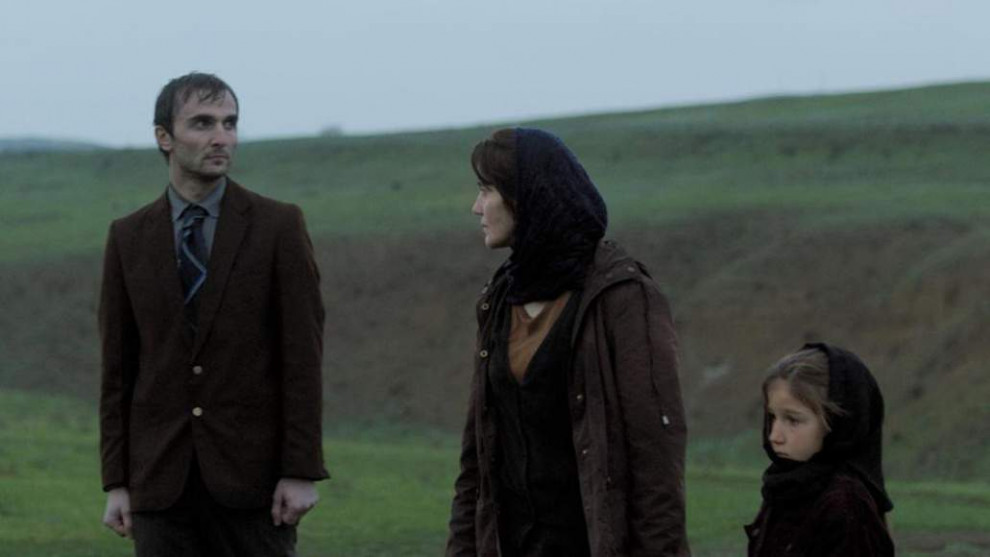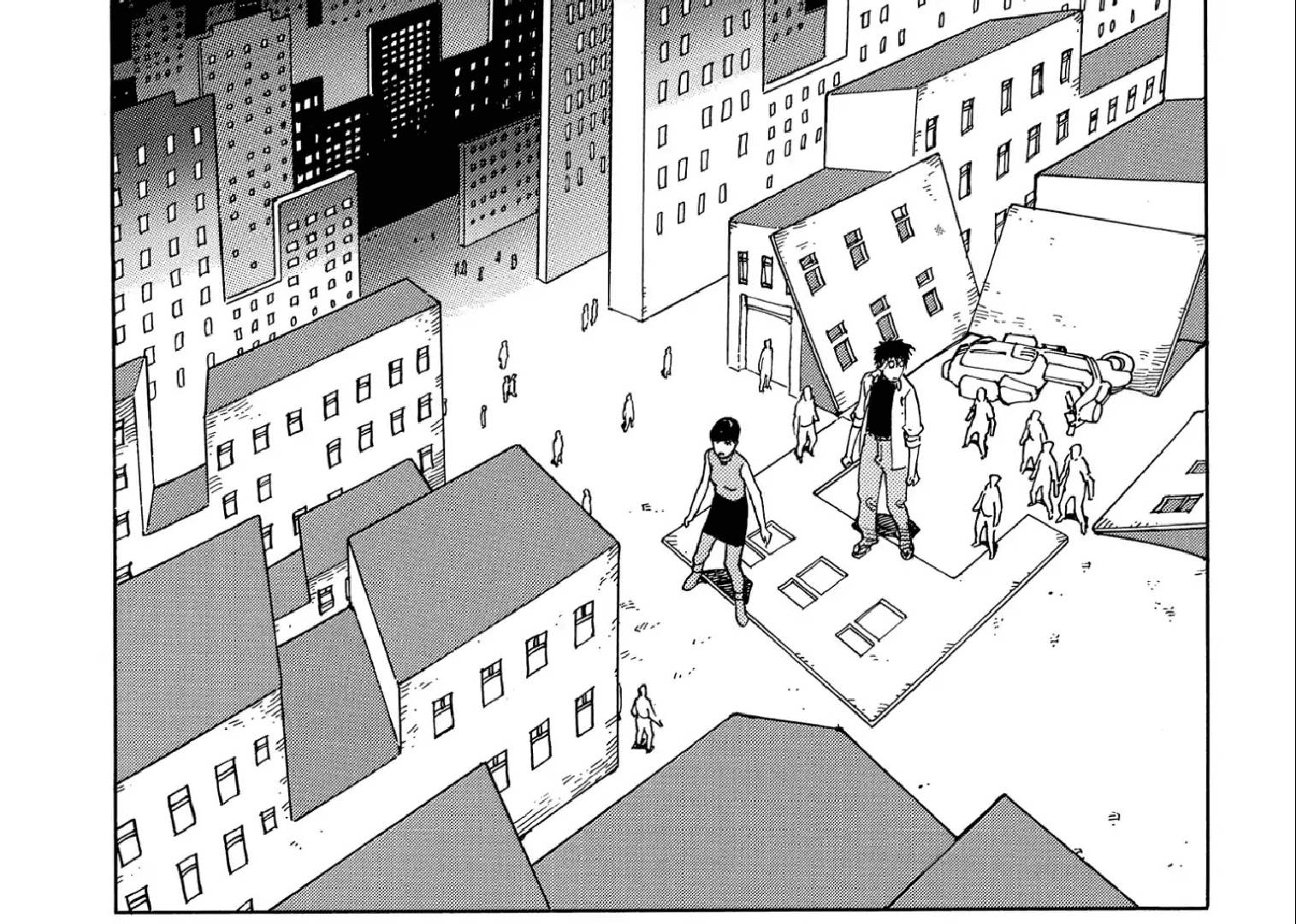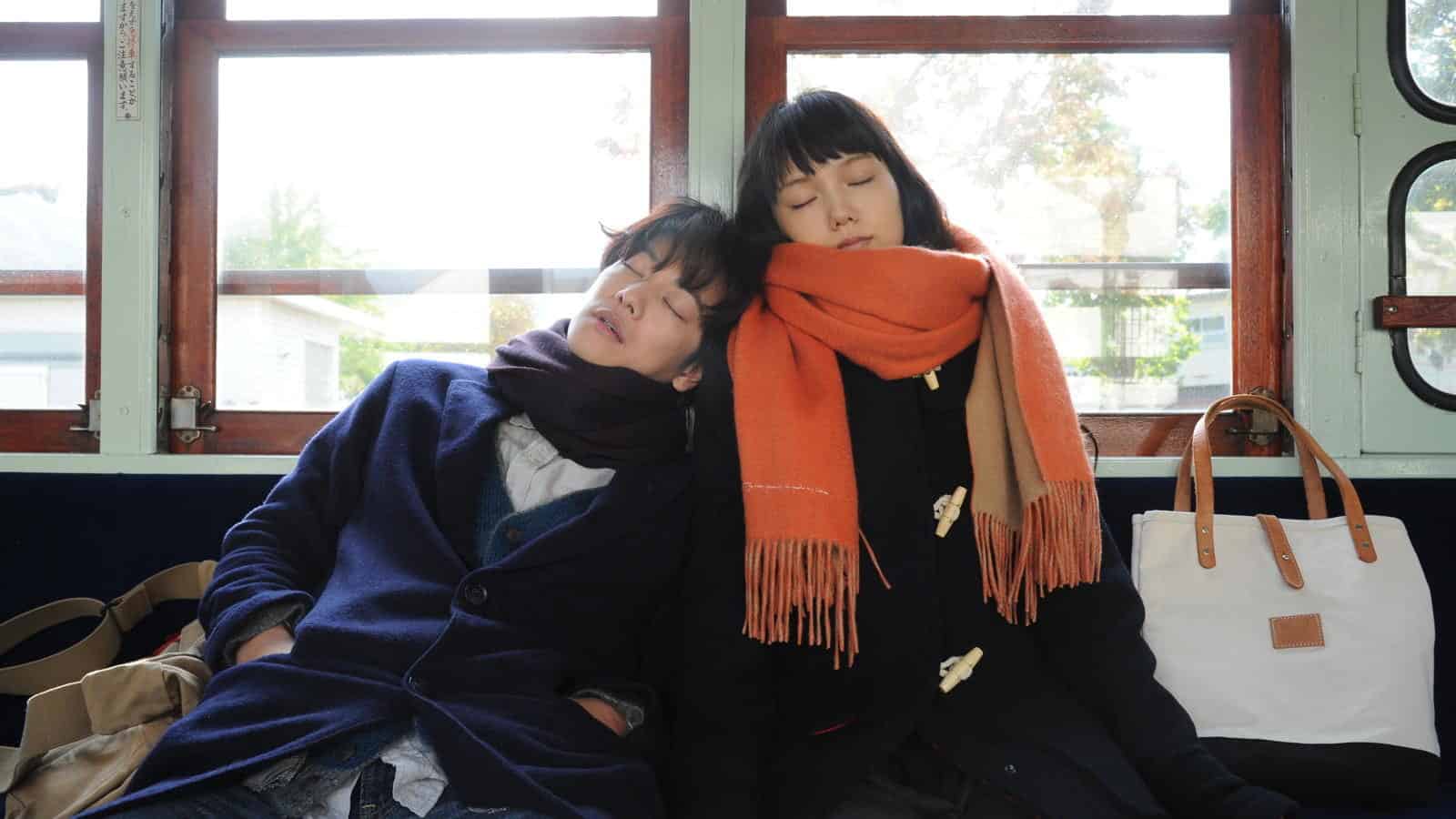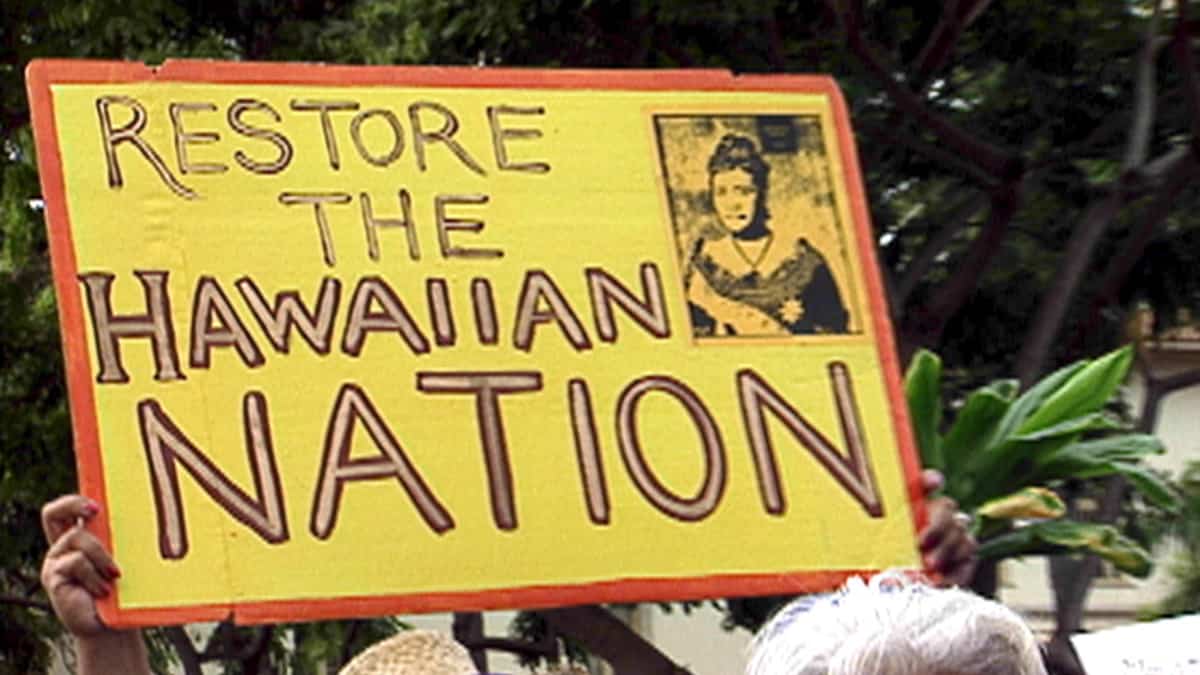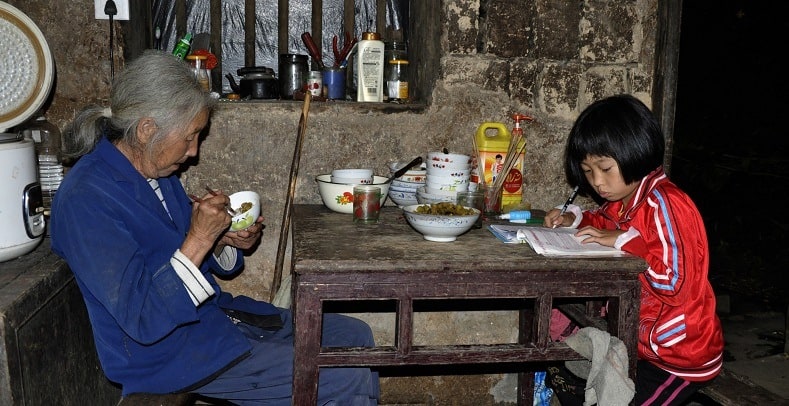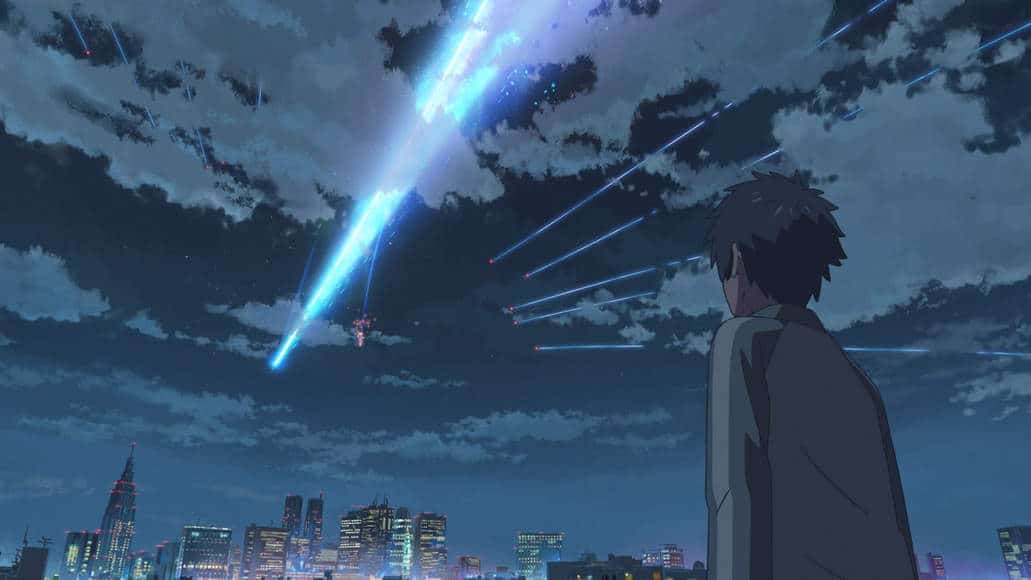Nominated for the Venice Horizons Award and winner of the International Competition at Bosphorus Film Festival, “The Criminal Man” is a rather interesting production that uses an art-house approach to present genre elements of the psychological thriller and the crime movie, before it is revealed as something much deeper.
“The Criminal Man” is screening at the 60th Thessaloniki International Film Festival
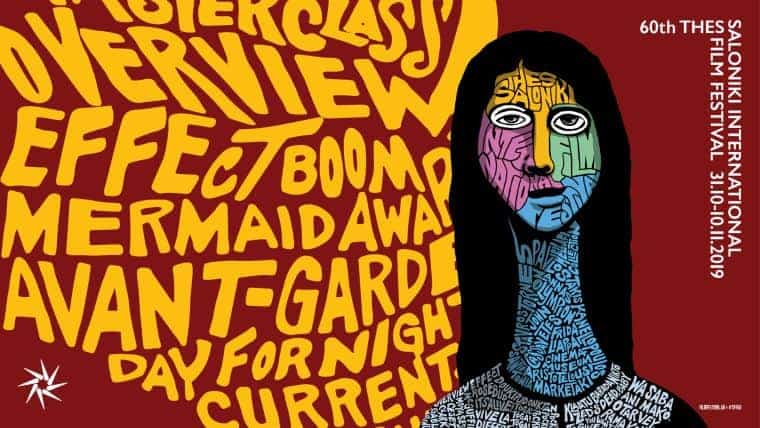
Giorgi Mekshi is an introverted, to the point of almost completely silent, 28-year-old engineer, who works in a mine town and lives in the same rundown house with his sister and her daughter. His life is the epitome of mundane, until one day he witnesses the murder of a man who is soon revealed to be the goalkeeper of the national team. Instead of running away, however, he decides to take a closer look at the body and a strange excitement begins to build inside him. He decides to keep the whole thing a secret and is actually disappointed when the body is discovered and the story becomes the headliner of the news. His excitement does not fade away though, and soon he decides to find the perpetrators by himself. His “mission” turns him into something completely different than he ever expected, through a downward spiral towards the darker depths of human psyche.
Dmitry Mamuliya directs a slow-burning film that begins as a crime movie but is soon revealed to be the portrait of a man whose actions symbolize (represent if you prefer) the ways people can forget morality completely and become criminals. The fact that Mamuliya draws a character who is a “peeper” and not a “doer” or a “talker” works wonders for the narrative, as it allows him to explore all aspects of Giorgi's life and the circumstances of the rest of the people living in the area, while having the audience experience everything that is happening on screen, through his eyes. This aspect benefits the most by the exceptional photography of Anton Gromov and Alisher Khamidkhodzhaev who present everything Giorgi is watching with the same artistry they depict the almost dystopian scenery of the town of Chiatura and the claustrophobia of the various places he visits, including his house.

The fact that Giorgi is one of these individuals that are actually “invisible” to almost everyone around them also works quite nicely, as it allows Mamuliya to place him near events he should not be (the killing) or in places that could implicate him (following the widow of the deceased even in his funeral), without anyone, in essence, noticing him. This aspect, explores the lives of these people, and at the same time gives an explanation to Giorgi's actions, who just wants to be noticed in any way possible. At the same time, they add a distinct surrealist note that eventually starts to permeate the film, and finds its apogee in the one with the dancing in the bar, in one of the most impressive and atmospheric moments of the movie.
The fact that Giorgi finds a purpose in his life is presented as something that actually makes him a better person, with the scene when this silent man cracks a joke that has everyone laughing being a distinct proof.
All the aforementioned, however, seem to highlight the fact that anyone can become a criminal potentially, particularly these “invisible” individuals no one seems to care about.
Lastly, the film also functions as a kind of folklore/nature documentary, as it presents the lives of various people, like the Romani and highlights the bucolic beauties of the area quite extensively, in an aspect that again benefits the most by Anton Gromov and Alisher Khamidkhodzhaev's work

George Petriashvili gives an imposing performance as Giorgi, presenting some of the most meaningful silences I have seen lately, as he acts with his whole body, emitting danger and a number of other mentalities as eloquently as possible. The fact that the camera is almost all the time on him makes his role even more difficult, but he delivers excellently.
I will not pretend that I fully understood everything that happened on screen, and the ending did not made much sense to me, but the fact remains that the film captivated me from beginning to end despite its 128 minutes and the very slow pace, particularly due to its direction, cinematography and Petriashivili's acting.


